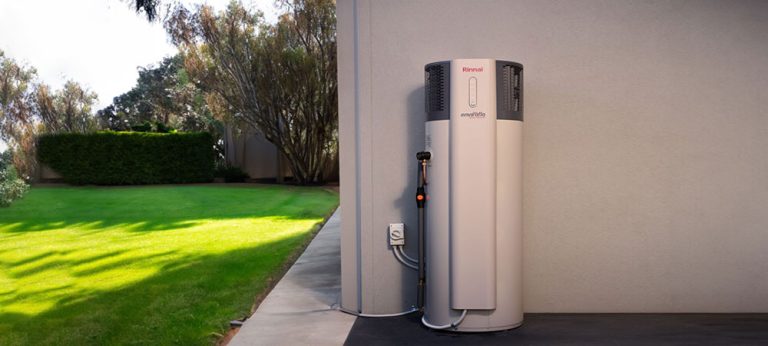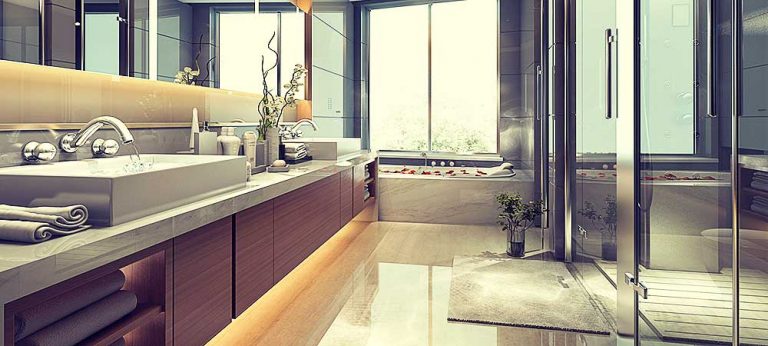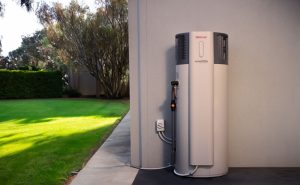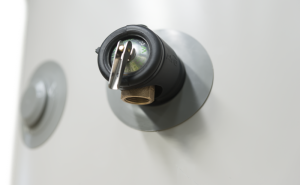Energy Saving Tips at Home

How to reduce your energy cost without spending a cent
As the cost of living increases, households are seeking ways of reducing unnecessary expenses by reducing waste around the home. Finding ways to save energy not only saves us money but is also great for the environment.
Fortunately, there are numerous cost free measures that we can all implement to reduce our energy consumption.
Here are 10 simple and effective ways to save energy at home without spending a lot of money:
Opt for cold water whenever possible when you wash clothes. The process of heating water for your washing machine is a significant contributor to the overall energy consumption in your home.
Air-dry your clothes whenever possible rather than using a clothes dryer. By hanging clothes on a clothesline or a drying rack, you will eliminate the energy consumption associated with gas or electric drying machines.
Always match the size of the pot or pan to the size of the burner whenever possible. Ensure you have the lids on pots and pans as it helps to cook the food faster while reducing the time the stove or oven needs to be on.
For smaller cooking tasks try to use the microwave or toaster oven as they use less energy compared to a conventional oven. These appliances are a great alternative for certain applications.
Ensure your fridge and freezer are always running at the optimal temperature setting so your food will maintain its shelf life and remain safe to eat.
The ideal temperature for home fridges is between 0oC and 4oC. The CSIRO recommends a temperature of 3oC, although this temperature may vary slightly depending on the produce you are storing. Always check the label for storage instructions.
Optimal temperature setting for your freezer is generally between -18°C to -20°C. As with your fridge items, always check the storage instructions on the label.
To maximize energy savings, always turn your kitchen and bathroom fans off when they’re no longer needed. Beside the unnecessary running cost of the fan, they can also draw the conditioned (heated or cooled) air from your room and exhaust it outside.
This will reduce the need for your heating or cooling system to work as hard compensating for the air loss.
Regular maintenance is crucial in helping appliances operate at their peak efficiency. Something as simple as cleaning and replacing air filters, checking for leaks will save energy and extend the lifespan of the appliance.
Regular maintenance increases the likelihood of early detection with minor issues that may escalate into major problems down the track if not delt with in a timely manner.
Follow the manufacturer’s maintenance guidelines outlined in the appliance manuals.
Maximizing natural lighting in your home not only creates a pleasant and inviting atmosphere but also contributes to energy conservation by reducing your reliance on artificial lighting sources.
Some ways to get the more from natural light are to trim overgrown vegetation near windows, use light coloured décor and mirrors to reflect the light throughout the room.
Close curtains and blinds during hot summer days to block out the sun and open them during winter days to let sunlight in. This simple adjustment helps regulate indoor temperatures naturally without consuming energy.
Many electronic devices, such as chargers, televisions, computers, and audio equipment, continue to draw power from the electrical outlet even when not actively in use. This constant power consumption, often in the form of standby mode or maintaining settings and clocks, contributes to your overall energy usage.
By taking the time to unplug electronic devices and employing smart power management strategies, you not only save on energy costs but also reduce your environmental footprint.
By incorporating these cost-free practices into your daily routine, you can make a positive impact on both your energy bills and the environment. Small changes today can lead to significant energy savings over time, demonstrating that a greener lifestyle doesn’t always require a hefty investment. It’s a win-win for your wallet and the planet.









